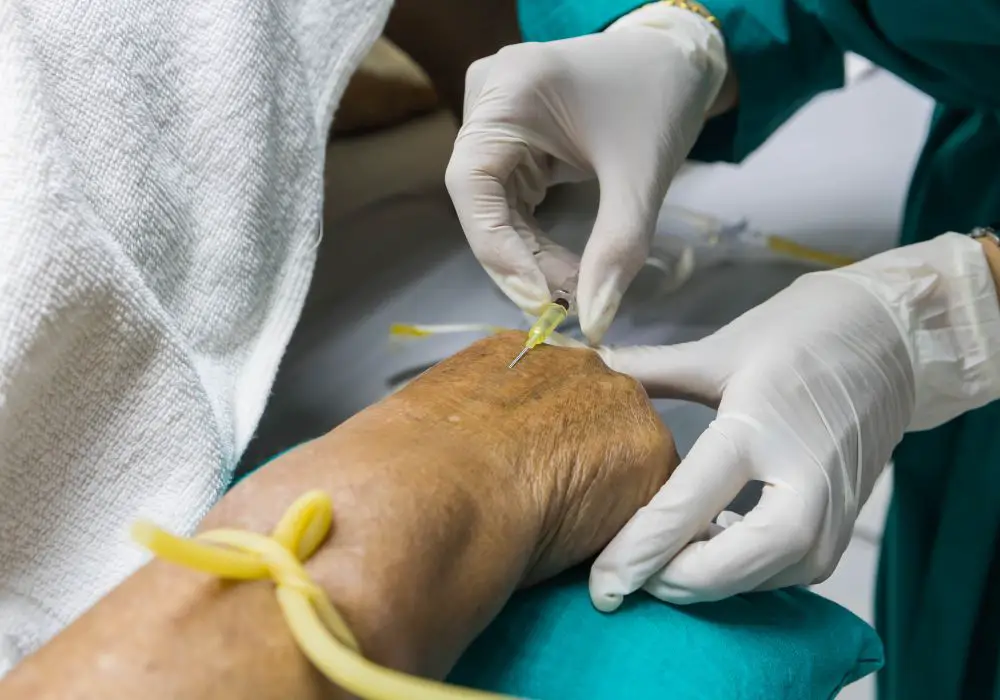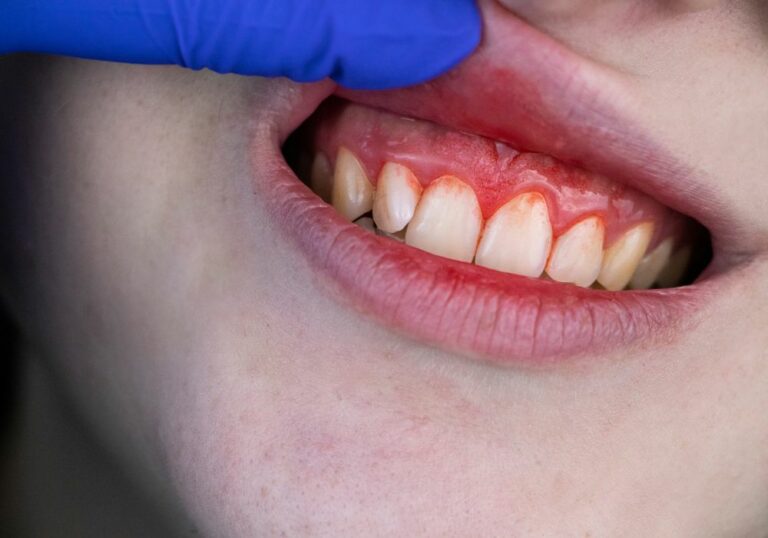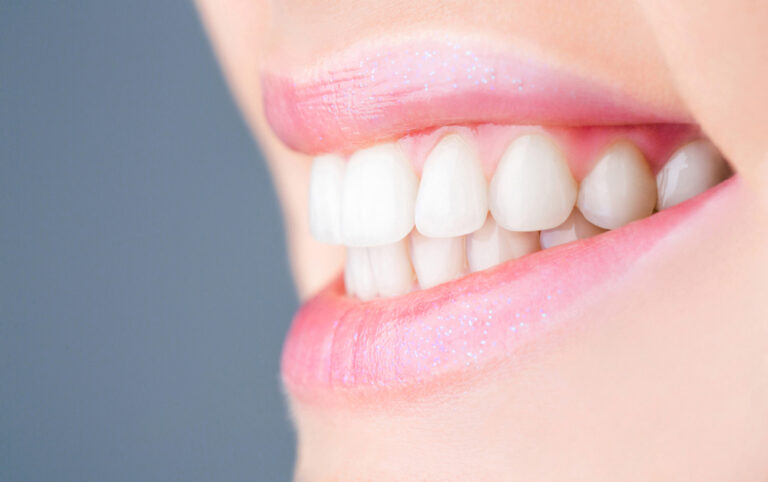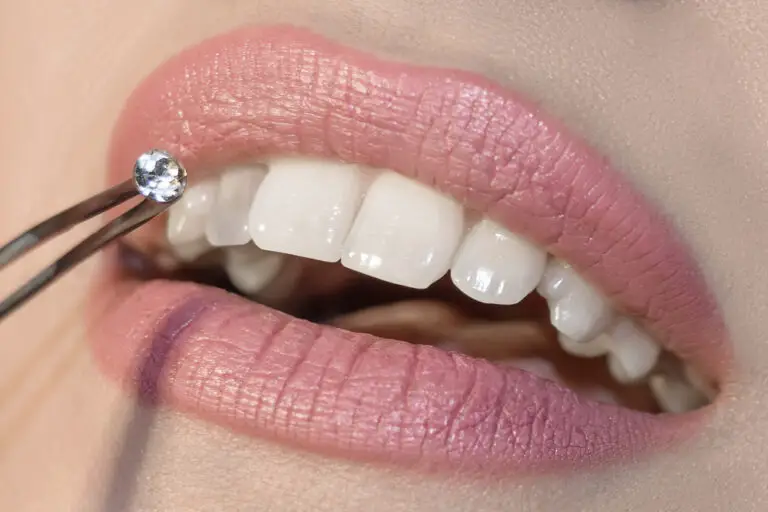If you’ve recently had your wisdom teeth removed, you may be wondering when it’s safe to get behind the wheel again. Driving after any kind of surgery can be a concern, but it’s especially important to be cautious after wisdom teeth removal with IV sedation. IV sedation is a common method used to help patients relax during the procedure, but it can also affect your ability to drive afterwards.
The timing of when you can drive after wisdom teeth removal with IV sedation can vary depending on a few factors. It’s important to follow your dentist’s instructions and give yourself plenty of time to recover before getting behind the wheel. In this article, we’ll cover what you need to know about driving after wisdom teeth removal with IV sedation, including how long you should wait and what to expect during your recovery.
Understanding IV Sedation
If you’re scheduled for wisdom teeth removal, your dentist may recommend IV sedation. Intravenous (IV) sedation is a type of conscious sedation that involves administering sedative medication through a vein in your arm.
IV sedation is a popular option for wisdom teeth removal because it allows you to remain conscious and responsive during the procedure while feeling relaxed and comfortable. Here are some things you should know about IV sedation:
How IV Sedation Works?
During IV sedation, a small needle is inserted into a vein in your arm to deliver the sedative medication. The medication works quickly to induce a state of deep relaxation and reduce anxiety. You’ll remain conscious and able to respond to your dentist’s instructions, but you’ll feel drowsy and may not remember much of the procedure.
Benefits of IV Sedation
IV sedation has several benefits for wisdom teeth removal, including:
- Reduced anxiety and fear
- Increased comfort during the procedure
- Reduced sensitivity to pain
- Faster recovery time compared to general anesthesia
- Ability to resume normal activities sooner after the procedure
Risks of IV Sedation
While IV sedation is generally safe, there are some risks associated with the procedure. These include:
- Allergic reactions to the medication
- Breathing difficulties
- Changes in blood pressure or heart rate
- Nausea or vomiting
- Headache or dizziness
Your dentist will review your medical history and discuss the risks and benefits of IV sedation with you before the procedure to ensure that it’s a safe and appropriate option for you.
Recovery After IV Sedation
After the procedure, you’ll need to rest for a short period before you can go home. You’ll need someone to drive you home, as you may still feel drowsy and groggy from the medication. You should avoid driving or operating heavy machinery for at least 24 hours after the procedure.
In general, recovery from IV sedation is faster than recovery from general anesthesia. You may feel a bit drowsy or groggy for a few hours after the procedure, but most people are able to resume normal activities the next day. Your dentist will provide you with specific instructions for post-operative care and pain management to ensure a smooth recovery.
The Process of Wisdom Teeth Removal
Having your wisdom teeth removed can be a daunting experience, but it’s a common procedure that many people undergo. Before the day of your surgery, your dentist or oral surgeon will give you specific instructions to follow, such as fasting for a certain amount of time before the procedure.
On the day of your surgery, you’ll be given IV sedation, which will make you feel relaxed and drowsy. This type of sedation is different from laughing gas, which wears off quickly and allows you to drive home after the procedure. With IV sedation, you’ll need someone else to drive you home and stay with you for a few hours after the surgery.
Once you’re sedated, your dentist or oral surgeon will begin the procedure by making incisions in your gums to access your wisdom teeth. They may need to remove bone or cut the teeth into smaller pieces to make them easier to remove. Once the teeth are removed, your dentist or oral surgeon will clean the area and stitch up the incisions.
After the surgery, you’ll be taken to a recovery room where you’ll be monitored until the effects of the sedation wear off. You’ll need to rest for the remainder of the day and avoid any strenuous activity. Your dentist or oral surgeon will give you specific instructions on how to care for your mouth and what to eat and drink.
Overall, the process of wisdom teeth removal with IV sedation can be intimidating, but it’s a routine procedure that can improve your oral health in the long run. By following your dentist or oral surgeon’s instructions and taking care of yourself after the surgery, you can ensure a smooth recovery.
Immediate Aftercare

After having your wisdom teeth removed with IV sedation, it’s important to take some time to recover before getting back to your daily activities. Here are some immediate aftercare tips to help you heal properly and minimize any discomfort:
- Rest: It’s important to rest for the first 24 hours after your surgery. Avoid any strenuous activities or exercise during this time.
- Apply Ice: Applying ice packs to the affected area can help reduce swelling and discomfort. Apply the ice pack to the outside of your cheek for 20-30 minutes at a time, then remove it for 20-30 minutes. Repeat this process as needed.
- Avoid Hot Foods and Drinks: Hot foods and drinks can irritate the surgical site and slow down the healing process. Stick to cold or lukewarm foods and drinks for the first few days after your surgery.
- Keep Your Mouth Clean: Keeping your mouth clean is essential to prevent infection. Rinse your mouth gently with warm salt water (1/2 teaspoon of salt in 8 ounces of water) after meals and before bed.
- Take Pain Medication as Prescribed: Your dentist or oral surgeon may prescribe pain medication to help manage any discomfort. Take the medication as prescribed, and don’t exceed the recommended dosage.
- Avoid Smoking and Alcohol: Smoking and alcohol can delay healing and increase the risk of complications. Avoid smoking and drinking alcohol for at least 24 hours after your surgery.
By following these immediate aftercare tips, you can help ensure a smooth and comfortable recovery after your wisdom teeth removal with IV sedation.
Factors Influencing Recovery Time
The recovery time after wisdom teeth removal with IV sedation can vary from person to person. Some factors that can influence your recovery time include:
- Age: Younger patients tend to recover faster than older patients.
- Overall health: If you have underlying health conditions, such as diabetes or heart disease, it may take longer for you to recover.
- Extent of surgery: The more teeth that need to be removed, the longer your recovery time will be.
- Sedation type: The type of sedation used during the procedure can also affect your recovery time. IV sedation may take longer to wear off than other types of sedation.
- Post-operative care: Following your dentist’s instructions for post-operative care, such as taking medications and avoiding certain foods, can help speed up your recovery time.
It’s important to note that everyone’s recovery time is different, and some people may feel better sooner than others. It’s essential to listen to your body and take the necessary time to rest and recover fully.
Typical Timeline for Resuming Driving

After wisdom teeth removal with IV sedation, it is essential to understand when you can return to driving safely. Driving too soon after the procedure can be dangerous for you and others on the road. Here is a typical timeline for resuming driving after wisdom teeth removal with IV sedation:
- Immediately after the procedure: You will not be able to drive yourself home after the surgery. You will need to arrange for someone to pick you up and drive you home.
- First 24 hours: You should not drive for at least 24 hours after the procedure. The sedative used during the surgery can affect your coordination and reaction time, making it unsafe for you to drive.
- 24-48 hours: After 24 hours, you can consider driving if you feel well enough and are not taking any pain medication that can impair your driving ability. However, it is still recommended to have someone accompany you when driving for the first time after the surgery.
- 48 hours or more: If you had a complicated procedure or experienced any complications during or after the surgery, it is best to wait at least 48 hours or until your dentist or oral surgeon gives you the green light to resume driving.
It is crucial to remember that everyone’s recovery time is different, and you should always follow your dentist or oral surgeon’s instructions. If you experience any pain, dizziness, or other symptoms that may affect your ability to drive safely, do not get behind the wheel.
In summary, it is recommended to wait at least 24 hours after wisdom teeth removal with IV sedation before driving. However, it is best to wait until you feel well enough and are not taking any medication that can impair your driving ability.
Effects of IV Sedation on Driving Skills
If you’re planning to undergo wisdom teeth removal with IV sedation, you may be wondering how soon you can get back behind the wheel. IV sedation is a type of conscious sedation that can make you feel drowsy and disoriented, and it’s important to take precautions to ensure your safety after the procedure.
The effects of IV sedation can vary from person to person, but generally, you should avoid driving or operating heavy machinery for at least 24 hours after the procedure. This is because the sedative drugs used during the procedure can impair your judgment, coordination, and reaction time, making it unsafe for you to drive.
It’s also important to have someone accompany you to the appointment and drive you home afterward. The sedative effects can last for several hours, and you may feel groggy or disoriented for some time after the procedure.
Additionally, it’s important to avoid alcohol and any other sedatives for at least 24 hours after the procedure, as these can interact with the sedative drugs and increase their effects.
In summary, if you’re planning to undergo wisdom teeth removal with IV sedation, it’s important to plan ahead and make arrangements for transportation. Avoid driving or operating heavy machinery for at least 24 hours after the procedure, and avoid alcohol and other sedatives during this time. By taking these precautions, you can ensure your safety and minimize the risk of complications after the procedure.
Safety Precautions

After undergoing wisdom teeth removal with IV sedation, it is important to take safety precautions to ensure a smooth and safe recovery. Here are a few things to keep in mind:
Have a designated driver
IV sedation can cause drowsiness, dizziness, and impaired coordination, so it is important to have a designated driver to take you home after the procedure. Do not attempt to drive yourself or operate heavy machinery until the effects of the sedation have fully worn off.
Follow post-operative instructions
Your dentist or oral surgeon will provide you with detailed post-operative instructions to follow after the procedure. It is important to follow these instructions carefully to minimize the risk of complications and ensure a speedy recovery. This may include avoiding certain foods, taking prescribed medications, and keeping the extraction site clean.
Avoid strenuous activity
Avoid strenuous activity, such as heavy lifting or exercise, for at least 24 hours after the procedure. This will help prevent bleeding and swelling at the extraction site.
Watch for signs of complications
While complications are rare, it is important to watch for signs of infection, such as fever, excessive bleeding, and severe pain. If you experience any of these symptoms, contact your dentist or oral surgeon immediately.
By following these safety precautions, you can ensure a safe and successful recovery after wisdom teeth removal with IV sedation.
Consulting Your Dentist or Oral Surgeon
After having your wisdom teeth removed with IV sedation, it is important to consult your dentist or oral surgeon before driving. They will be able to give you specific instructions based on your unique situation and the type of sedation used.
During your consultation, make sure to ask your dentist or oral surgeon the following questions:
- How long after the procedure should I wait before driving?
- Are there any specific side effects I should watch out for that may affect my ability to drive?
- Can I take any medication to help with pain or discomfort that won’t impair my driving ability?
- Are there any other activities I should avoid after the procedure?
It is important to follow your dentist or oral surgeon’s instructions carefully to ensure a safe and speedy recovery. If you have any concerns or questions, don’t hesitate to reach out to them for further guidance.
Frequently Asked Questions
When is it safe to drive after wisdom teeth removal with IV sedation?
You should not drive immediately after wisdom teeth removal with IV sedation. The effects of the sedation can last for several hours, so it is recommended that you have someone else drive you home and avoid driving for at least 24 hours after the procedure.
What are the potential risks of driving too soon after wisdom teeth removal with IV sedation?
Driving too soon after wisdom teeth removal with IV sedation can be dangerous. The sedation can impair your ability to react quickly and make sound decisions, which could lead to accidents on the road. Additionally, the pain and discomfort associated with the procedure can make it difficult to concentrate on driving.
How long does it take for the effects of IV sedation to wear off?
The effects of IV sedation can vary depending on the individual and the dose administered. Generally, it can take several hours for the effects to wear off completely. It is important to have someone else drive you home and avoid driving for at least 24 hours after the procedure.
What activities should I avoid after wisdom teeth removal with IV sedation?
After wisdom teeth removal with IV sedation, it is important to avoid strenuous activities, including exercise, for at least 24 hours. You should also avoid drinking alcohol or operating heavy machinery during this time.
Can I have someone else drive me home after wisdom teeth removal with IV sedation?
Yes, it is recommended that you have someone else drive you home after wisdom teeth removal with IV sedation. The sedation can impair your ability to operate a vehicle safely, so it is important to have someone else drive you home and avoid driving for at least 24 hours after the procedure.
How can I manage pain and discomfort after wisdom teeth removal with IV sedation?
Your dentist or oral surgeon may prescribe pain medication to help manage pain and discomfort after wisdom teeth removal with IV sedation. It is important to follow their instructions carefully and avoid taking more medication than prescribed. Additionally, applying ice packs to the affected area can help reduce swelling and discomfort.






